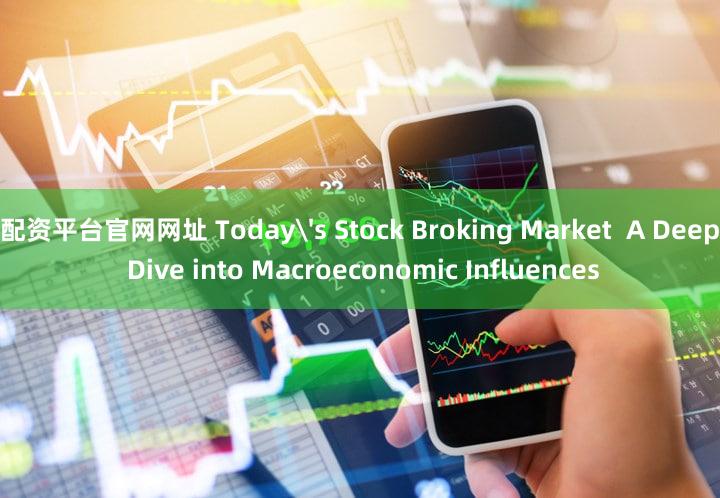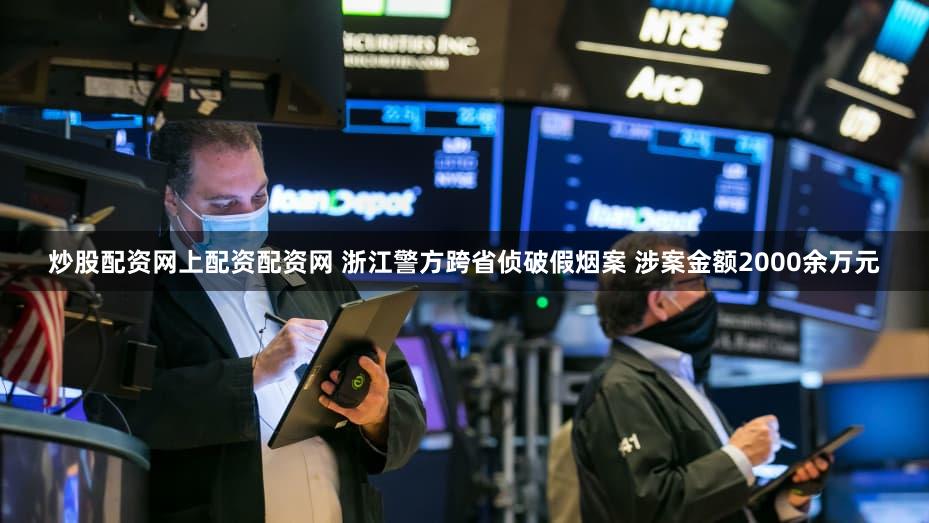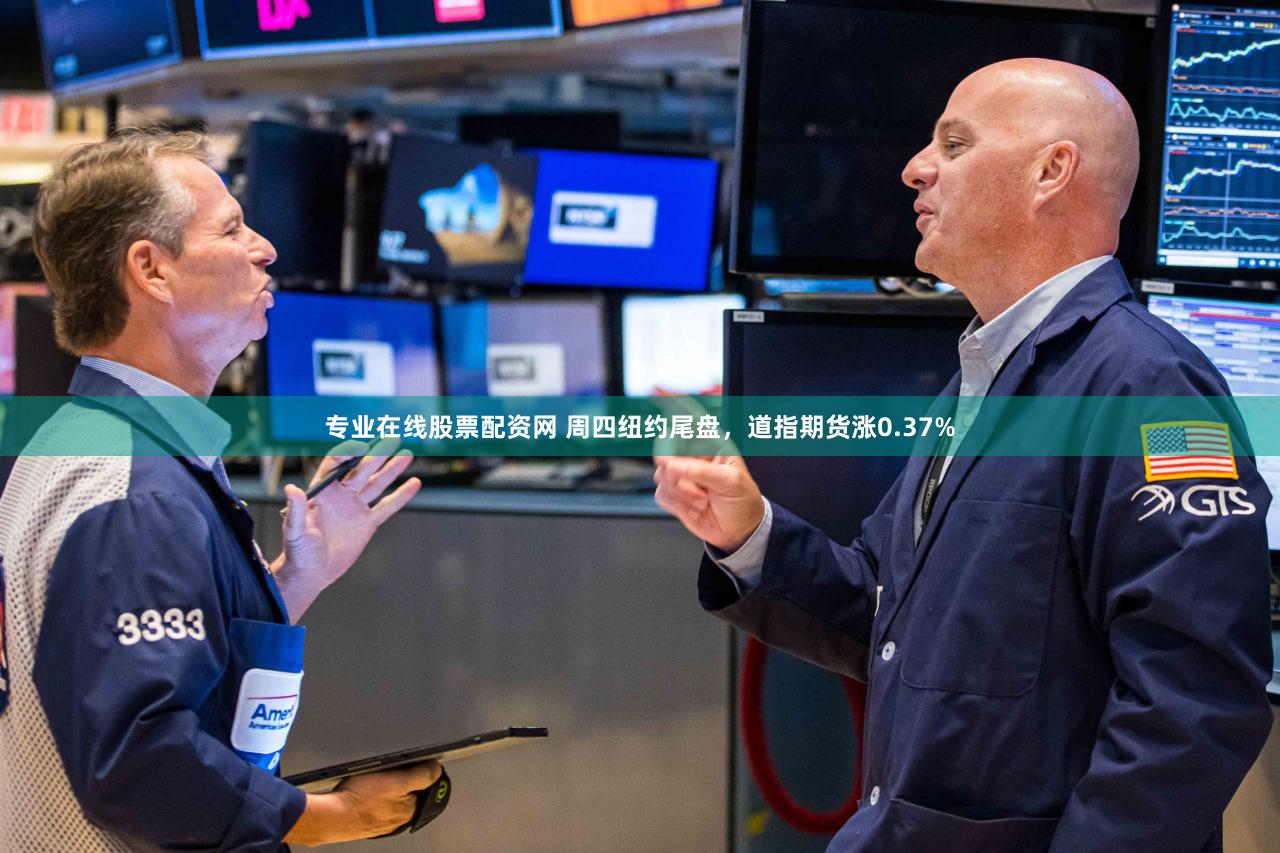
Today's Stock Broking Market: A Deep Dive into Macroeconomic Influences
Meta Description: Explore the intricate relationship between macroeconomic factors and the performance of today's stock broking market. Learn about interest rates, inflation, geopolitical events, and more, with insights from a seasoned professional.
Leveraging the Market: How Macroeconomic Winds Shape Stock Broking Today
Whoa! The stock broking market, it's a wild ride, isn't it? One minute you're soaring high, the next you're bracing for impact. Think of it like surfing – you need to understand the currents to stay afloat and even catch some killer waves. Those currents? They're the macroeconomic factors that relentlessly shape the landscape of today's investment world. From the seemingly subtle shifts in interest rates to the earth-shattering impact of geopolitical upheavals, understanding these influences is crucial, not just for seasoned traders, but for anyone venturing into the exciting – and sometimes terrifying – world of stock broking. This isn't just theory; this is based on years spent navigating this very market, witnessing firsthand how even seemingly minor changes can send ripples – or tsunamis – through the system. We'll delve into the nitty-gritty, exploring the key players and the often-unpredictable forces that dictate the rhythm of daily trading. Get ready to buckle up, because we're about to embark on a journey that will arm you with the knowledge to better navigate the complexities of today’s ever-evolving stock broking landscape. So, let's dive in!
Interest Rates: The Maestro of the Market
Interest rates, the often-overlooked conductor of the economic orchestra, play a pivotal role in shaping the stock broking market. When central banks, like the Federal Reserve in the US or the European Central Bank, raise interest rates, borrowing money becomes more expensive. This has a cascading effect. Companies find it costlier to expand, hindering investment and potentially slowing down economic growth. Conversely, lower interest rates make borrowing cheaper, stimulating investment and potentially fueling economic expansion. This, in turn, directly impacts stock valuations. Higher rates generally lead to lower stock prices, as investors shift towards safer, higher-yielding bonds. Lower rates, conversely, can boost stock prices as investors seek higher returns in the equity market. This isn't a hard and fast rule, though – other factors can complicate this relationship, and market sentiment can often override the expected correlation. Remember the dot-com bubble? Interest rates were relatively high, but that didn't stop the rampant speculation!
Inflation: The Silent Thief of Returns
Inflation, the persistent increase in the general price level of goods and services, is another major player. High inflation erodes purchasing power, making the future value of your investments less certain. Central banks typically combat inflation by raising interest rates, which, as we've discussed, can negatively impact stock valuations. Moreover, high inflation can lead to uncertainty and volatility in the market, making investors hesitant to commit to long-term investments. Conversely, low and stable inflation is generally seen as positive, reflecting a healthy and predictable economy. It’s a delicate balancing act for central bankers: keeping inflation in check without stifling economic growth. Getting it wrong can have profound repercussions on the stock broking market.
Geopolitical Events: The Unpredictable Wildcard
Geopolitical events – wars, trade disputes, political instability – often act as unpredictable wildcards. These events can significantly impact market sentiment and investor confidence. For example, the outbreak of a major war can trigger market sell-offs as investors seek safety in assets perceived as less risky. Trade wars, on the other hand, can disrupt supply chains and lead to higher prices, impacting corporate profits and consequently, stock valuations. The recent conflict in Ukraine, for instance, had a significant impact on global energy prices and supply chains, sending shockwaves through various sectors. It’s crucial to stay abreast of global news and understand how major geopolitical events could influence your investments.
Economic Growth: The Engine of the Market
Economic growth, measured by GDP (Gross Domestic Product), is fundamentally linked to the health of the stock market. Strong economic growth typically translates to increased corporate earnings, boosting investor confidence and driving stock prices higher. Recessions, on the other hand, generally trigger market declines as corporate earnings fall and investor sentiment turns pessimistic. Understanding the economic cycle – the phases of expansion and contraction – is crucial for making informed investment decisions. Tracking key economic indicators, like GDP growth, unemployment rates and consumer spending, can provide valuable insights into the health of the economy and its likely impact on the stock market.
Regulatory Changes: The Rule Makers
Regulatory changes introduced by governments and financial authorities can also dramatically shift the landscape of the stock broking market. New regulations can impact trading practices, increase compliance costs for brokers, and even restrict access to certain financial instruments. While these changes are often intended to protect investors, they can also create uncertainty and lead to market volatility. Staying updated on upcoming regulatory changes is crucial for brokers and investors alike, to ensure that their practices comply with the latest rules and regulations.
Consumer Sentiment: The Pulse of the Market
Finally, consumer sentiment, a measure of how optimistic or pessimistic consumers are about the economy, plays a subtle yet significant role. When consumers are confident about the future, they tend to spend more, boosting economic growth and benefiting businesses. This positive sentiment often translates into higher stock prices. Conversely, when consumer confidence is low, spending decreases, impacting corporate earnings and leading to a decline in stock prices. Tracking consumer confidence indices can provide valuable insights into the overall health of the economy and its implications for the stock broking market.
Table: Macroeconomic Factors and Their Impact on Stock Broking
| Factor | Positive Impact | Negative Impact | |-----------------|-----------------------------------------------|---------------------------------------------------| | Interest Rates | Lower rates stimulate investment, boost growth | Higher rates increase borrowing costs, slow growth | 在线股票杠杆配资排名| Inflation | Low, stable inflation signals economic health | High inflation erodes purchasing power, creates uncertainty | | Geopolitical Events | Stable global environment encourages investment | Wars, trade disputes create uncertainty, volatility | | Economic Growth | Strong growth leads to higher corporate earnings | Recession leads to lower earnings, market decline | | Regulatory Changes | Clear, consistent regulations foster confidence | Unclear or sudden changes create uncertainty | | Consumer Sentiment | High consumer confidence boosts spending, growth | Low consumer confidence reduces spending, hinders growth |
Frequently Asked Questions (FAQ)
Q1: How can I stay informed about macroeconomic factors?
A1: Follow reputable financial news sources, read economic reports from organizations like the IMF and World Bank, and consider subscribing to economic newsletters or podcasts.
Q2: Are macroeconomic factors the only things influencing the stock market?
A2: No, market sentiment, company-specific news, technological advancements, and unexpected events also play a significant role. Macroeconomic factors are just one piece of the puzzle.
Q3: Can I predict the stock market based on macroeconomic factors alone?
A3: No, predicting the market is extremely difficult, even with a deep understanding of macroeconomic factors. The market is complex and influenced by numerous interconnected factors.
Q4: How do these factors affect different stock sectors differently?
A4: Different sectors are affected differently. For example, interest rate hikes may disproportionately impact sectors with high debt levels, while inflation might impact consumer staples more than technology.
Q5: Is it better to invest during periods of high or low interest rates?
A5: There's no universally "better" time. It depends on your risk tolerance and investment goals. Lower rates might offer opportunities for growth, but higher rates could offer better returns on fixed-income investments.
Q6: How can I use this information to improve my investment strategy?
A6: By understanding these factors, you can make more informed decisions about asset allocation, diversification, and timing of investments. It's crucial to have a long-term perspective and adjust your strategy based on the evolving macroeconomic landscape.
Conclusion
Navigating the stock broking market requires a keen understanding of the macroeconomic forces at play. While predicting the future is impossible, understanding these influences allows for a more informed and strategic approach to investing. Remember, it's a marathon, not a sprint. Stay informed, stay adaptable, and most importantly, stay patient. The market will always have its ups and downs, but by understanding the underlying currents, you can significantly improve your chances of riding the waves successfully. So, keep learning, keep adapting, and keep investing wisely!
文章为作者独立观点,不代表财盛证券观点






